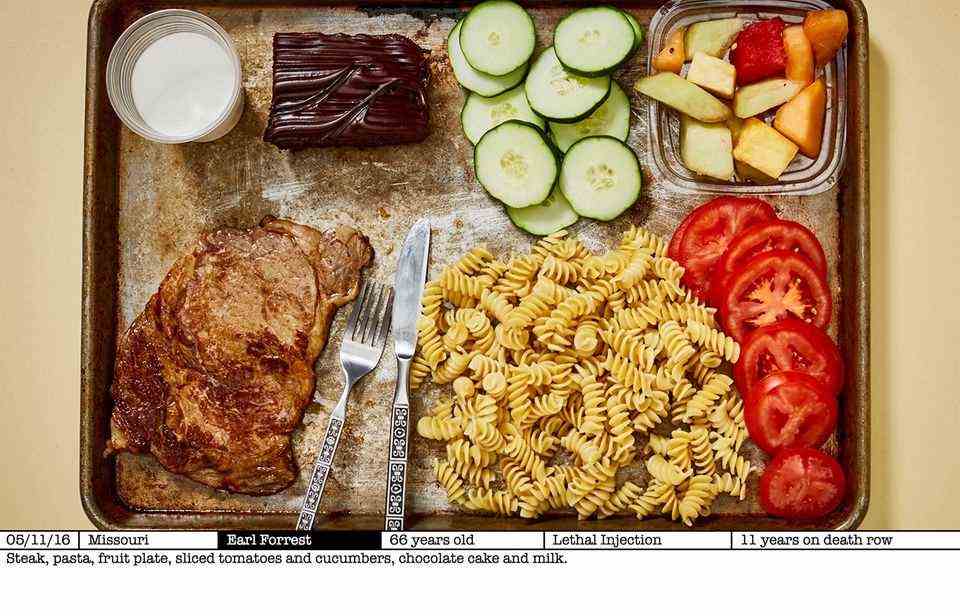death penalty
Japan is executing people again after two years – the practice there is controversial
In a room like this one in Japan those sentenced to death are hanged
© JIJI PRESS / AFP
The death penalty is still used in Japan. On Tuesday, three people were hanged for the first time since 2019. The convicts often sit in jail for years and only find out about their execution a few hours beforehand. A practice that many criticize.
The death penalty is still used in more than 50 countries around the world. In Japan too. For the first time in two years, death sentences have been carried out there. According to the authorities, three convicted murderers were hanged on Tuesday. According to the authorities, among those executed was a 65-year-old who killed his aunt, two cousins and four other people in 2004. The other two were therefore a 54-year-old and his 44-year-old accomplice who had killed two employees of an arcade in 2003.
The last time three men were executed in Japan in 2019. There were 15 executions in 2018, including 13 by members of the Aum sect for the fatal sarin attack on the Tokyo subway in 1995.
No contact for death row inmates in Japan
Nationwide, there are more than 100 inmates on death row in Japan. Executions in the country are carried out by hanging, usually many years after the conviction. It happens that convicts wait for decades to be executed. The inmates are isolated in the cells. Since they have fewer rights than other prison inmates as death row inmates, visits or communication outside are denied, as the human rights organization Amnesty International wrote. This also applies to the family.
Death row inmates in Japan are only informed of their impending execution a few hours before the date, which many criticize as cruel as it creates permanent fear of death. Often the families of the convicted are not informed until after the execution. Two inmates are currently suing this practice. They criticize it as illegal and demand high compensation for the psychological stress caused by the constant life in insecurity. According to Amnesty International, there is no set sequence of executions. It could hit anyone at any time, they wrote in one 1997 report.
Popular support for the death penalty
the Human rights organization also criticizes the fact that in Japan there are no guarantees of protection against the execution of the death penalty for persons with mental, psychosocial or intellectual disabilities.
The government justified adherence to the death penalty as necessary in the fight against “horrific crimes”. The Japanese Bar Association condemned the executions and called for the abolition of the death penalty, which in Japan is mostly imposed on crimes resulting in death. Support for the death penalty is also very high among the population. According to opinion poll from 2015, the approval rate was 80 percent. Only around ten percent were in favor of abolishing it.
The question of adherence to the death penalty touches “the foundations of the Japanese criminal justice system,” said Japanese deputy cabinet secretary Seiji Kihara on Tuesday. In the fight against “horrific crimes”, executions of serious criminals cannot be dispensed with and the abolition of the death penalty would be “inappropriate”, he stressed.


